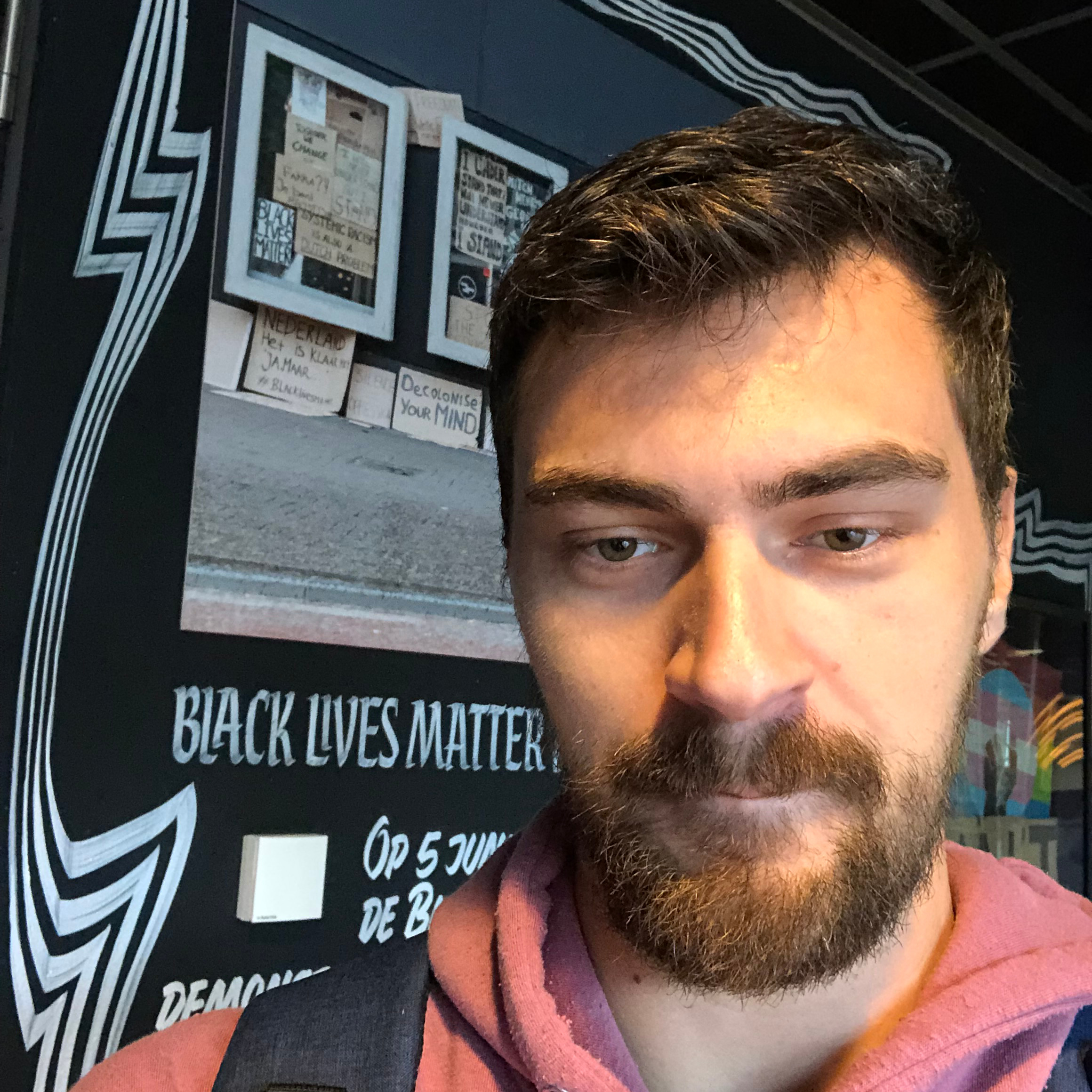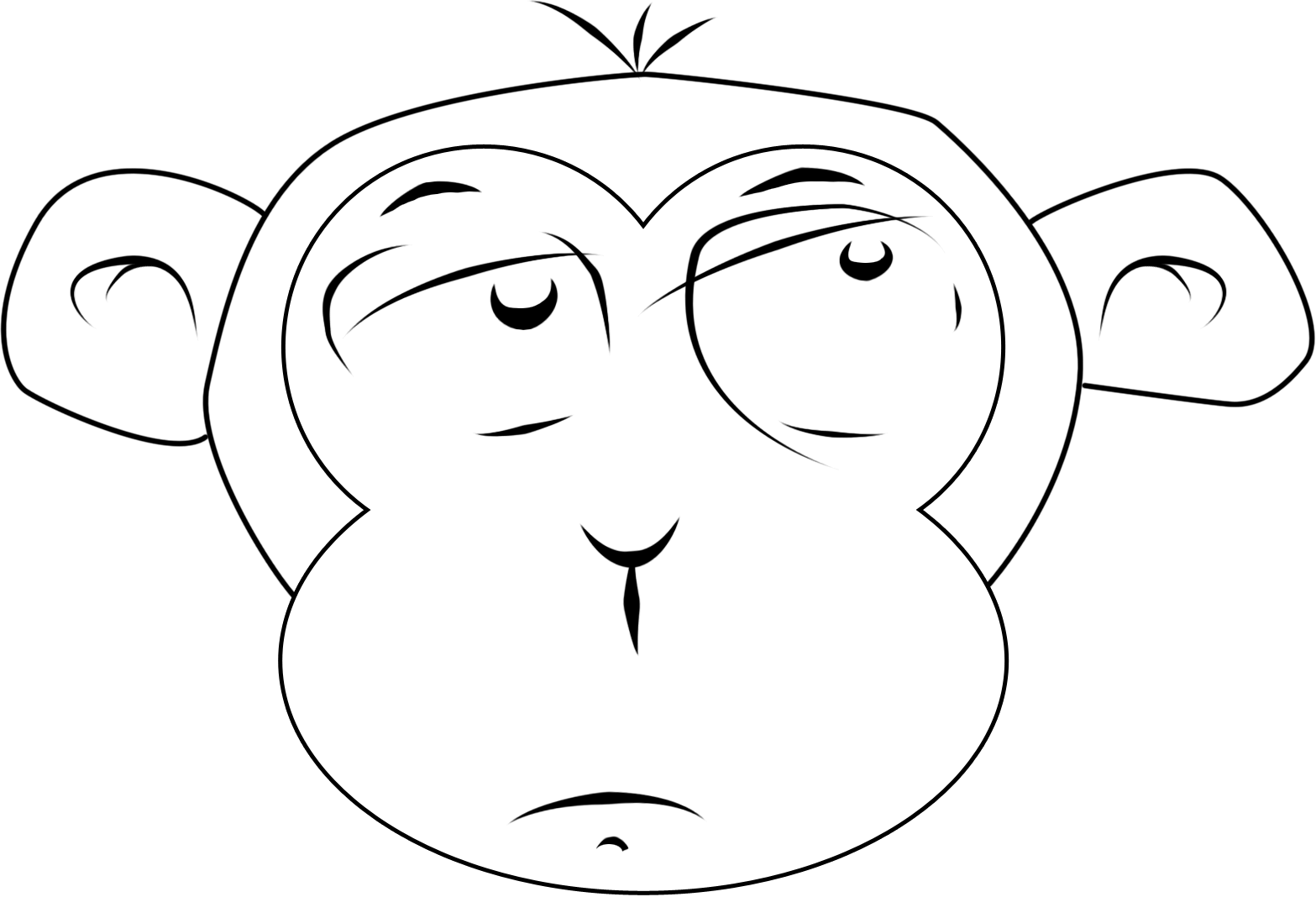My name is Tim Goudriaan. I'm a developer living on caffeine in the suburbs of Eindhoven, The Netherlands. I build software that helps communities connect.

My Work
As a hobby I like to contribute to the open-source community, particularly Symfony. You can find some of my smaller projects and contributions on GitHub.
Looking for tools to build professional websites? Try the Onlinq components.
Are you into podcasting? Check out Octopod for tools to reach your audience on the web.
I created the website for the No Agenda Show (which is open source), as part of the value for value model.
Psst, I work for UltraFlix. Check it out if you want to experience movies in actual HD!
Sponsor My Programming Lifestyle
Me Across the Web
Me as a Legal Entity
Coded Monkey
Email Address: tim@codedmonkey.com
KvK: 80418953
